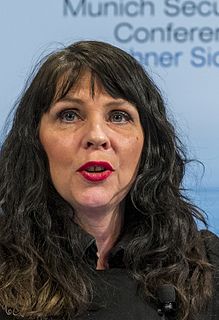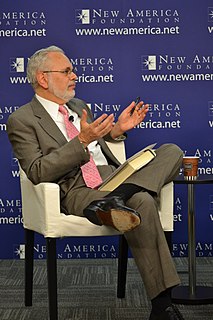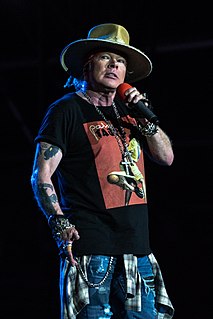A Quote by Rebecca MacKinnon
There are a lot of people that think the Internet is going to bring information and democracy and pluralism in China just by existing.
Related Quotes
I don't actually think of the internet as the bad guy. I think of the internet as doing a hell of a lot of wonderful, fascinating, interesting things. A lot of information that's exchanged on the internet is extremely useful, and every once in a while it percolates up to knowledge. Wisdom is far harder to come by.
Every effort is made to control information. Secrecy is just one of the toggles on their control board. The mindset is in place, and they've done a lot of hiring over eight years, not just political appointees. And they've done a lot of firing or driving people out who might have countermanded or resisted. So, institutionally, it's not going to be simply a matter of flipping the switch to undo it. You're going have to bring in people dedicated to transparency, and you have to demonstrate that there are rewards for candor.
I just the other day got, an internet was sent by my staff at 10 o'clock in the morning on Friday and I just got it yesterday. Why? Because it got tangled up with all these things going on the internet commercially... They want to deliver vast amounts of information over the internet. And again, the internet is not something you just dump something on. It's not a truck. It's a series of tubes.
When I came here [to Malaysia] I heard that there is a problem with the concept of pluralism whereby pluralism is understood in a very narrow way, which I think is wrong. This is not to diminish your sense of truth in what you believe but to acknowledge the fact that we live in a world where we need to deal with pluralism. It's a fact.
I think China thinks information technology is less important than we think it is in the US, economically, and more important politically. And so Chinese internet companies are extremely political, they're protected behind the great firewall of China, and investment in Alibaba is good as long as Jack Ma stays in the good graces of the Chinese communist party. Alibaba is largely copying various business models from the US; they have combined some things in interesting new ways, but I think it's fundamentally a business that works because of the political protection you get in China.
'Chinese Democracy' wasn't trying to tell China to have a democracy or anything like that. I don't have an opinion on what kind of government they should have. My thing is, I went to stay there for about three months, and everywhere I went, the people are so shielded from what's going on in the world.

































